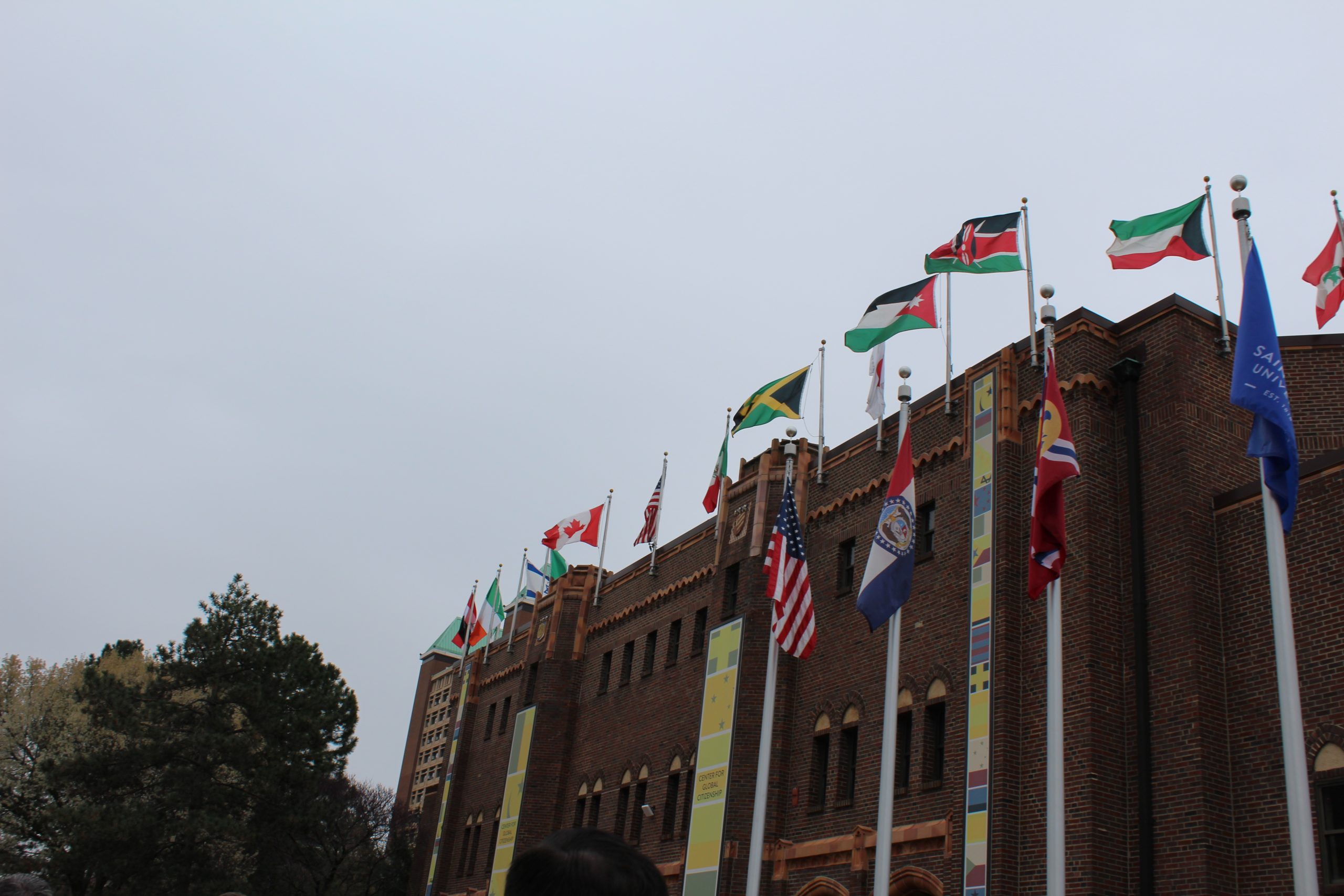Global Law and Accord on Artificial Intelligence and Digital
The Global Alliance for Digital Governance (GADG) was established through a collaboration of the Boston Global Forum and World Leadership Alliance-Club de Madrid at the Policy Lab on September 7-9, 2021.
GADG will:
- Coordinate of resources: governments, international organizations, corporations, think tanks, civil society, and influencers for AI and a digital sphere for good, to make these resources more effective, to synthesize and maximize their impact, and to create more implementation-oriented conferences.
- Protect fundamental values and standards proposed in Social Contract for the AI Age, in AI International Accord and in the book Remaking the World – Toward an Age of Global Enlightenment.
The Global Law and Accord on AI and Digital is the theoretical framework that guides all activities and discussions of the Global Alliance for Digital Governance at Boston Global Forum.
Principles
The principles of the Framework for Global Law and Accord on AI and Digital Rights are based on the Social Contract for AI Age:

Fairness and Justice for All
- Respect of fundamental human rights
- Data literacy and control of data as a mean for self-determination

Responsibility and Accountability
- Responsibility and accountability in policy and decision
- Data-informed “smart” democracy

Precaution
- Multilateral stakeholder perspective of, and power balance among, governments, businesses, civil societies, individuals, and AI assistants

Ethics in AI
- Sustainable and inclusive development
- Leveraging AI power to build a human-centric economy with transparency, trustworthiness, accountability, fairness, equity, and prosperity
Stakeholders
We take a multi-stakeholder perspective
- Individuals have their rights, privacy, and effectiveness enhanced with trustworthy data, reliable Internet, and unbiased algorithms
- Governments shall take responsible, auditable, transparent actions to manage AI for governance, citizen interactions, and international collaboration, and construct a secure, stable, and trustworthy AI, data, and Internet ecosystem
- Business Entities shall adopt values, standards, norms, data ownership rules, non-compliance penalties, the Social Contract for the AI Age, Supply Chain 2020; collaborate with governments and civil society to create a people-centered, trustworthy, reliable data-AI-Internet ecosystem
- Civil Society Organizations & Community monitor and collaborate with governments and firms, promote values, norms, standards, laws, support AI users, and otherwise use AI to benefit society
- AI Assistants provide an interface to facilitate compliance with established standards
Challenges
- Advances in technology have deciphered old unknowns and presents new unknowns
- The power of AI can be exploited for anti-human and anti-democratic purposes, besides unintentional harms to society by the mishandling of data and AI
- Stakeholders must improve AI capacities to better serve their purposes and must collaborate for a better data-AI-Internet ecosystem
The Framework for International Accord in Artificial Intelligence
The IAAI Draft Framework recognizes the Budapest Convention on Cyber-crime and the European Union General Directive, the United States National Commission on Artificial Intelligence, and requires inputs for the following procedures and strategies:
- Preamble to highlight critical values and conditions to help clarify the underlying commonalities among all signatory entities, with the following assumptions:
- precautionary principle in handling AI and acknowledgement of the necessity of guidelines
- support of international commitment to human rights
- commensurate attention to both rights and responsibilities
- respect of national sovereignty and understanding of differences among countries
- Framework Design must incorporate the following elements: a multi-stakeholder, consensus-based approach to establish common policy and practice, the balance of influence and responsibility among participants and entities, respect of national authority and international commitments, assurances of rights and responsibilities for participants and entities.
The following actions are required to consolidate these elements into a formal International Accord:
- Review legal frameworks
- Identify methods to prevent abuses by governments and businesses in uses of technology
- Consolidate working norms to manage all aspects of AI innovations
- Construct and enable response-systems for violations of rights and responsibilities associated with the development, design, applications, or implementation of AI
- Operational Measures include but are not limited to:
| Rights Measures | Responsibility Measures |
| Rights pertaining to Data and the Internet | Digital damage prevention |
| Rights to digital and AI related education | Contribution to the common good |
| Rights to political participation in AI policy deliberations | Participation in codes of digital ethics |
| Right to avoid digital damages | Cognizance of AI applications |
| Refrain from use of malware or distribution of misinformation |
- Support System:
- Code of ethics for AI Developers and AI Users
- Operational systems to monitor AI performance by governments, companies, and individuals
- Certification for AI Assistants to enable compliance to new standards
- Multidisciplinary scientific committee to provide independent review and assessment of innovations in AI and directives for safe and secure application, consistent with human rights and other obligations
Members
The Global Alliance for Digital Governance (GADG) adopts the principles and framework of the Global Law and Accord on AI and Digital Governance. GADG takes action to connect think tanks, influencers, experts, and citizens to contribute to building International Laws, International Accord on AI and Digital, while simultaneously working with governments and international organizations towards this goal.
The GADG is not an organization – it is a network for sharing and cooperating between resources (as listed below), coordinated by BGF and AIWS:
- Governments
- Organizations and Institutions
- Companies
- Influencers and Creators
- Global Enlightenment Community
- Thinkers, Scientists and Tech Innovators
- Artists